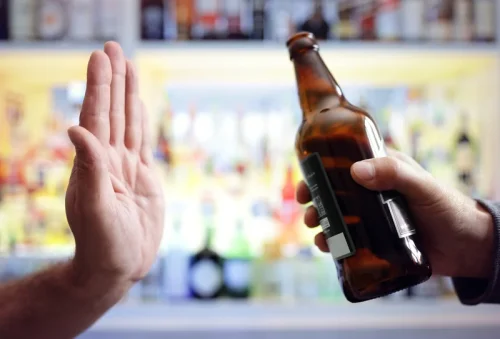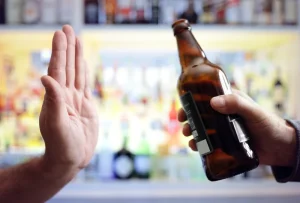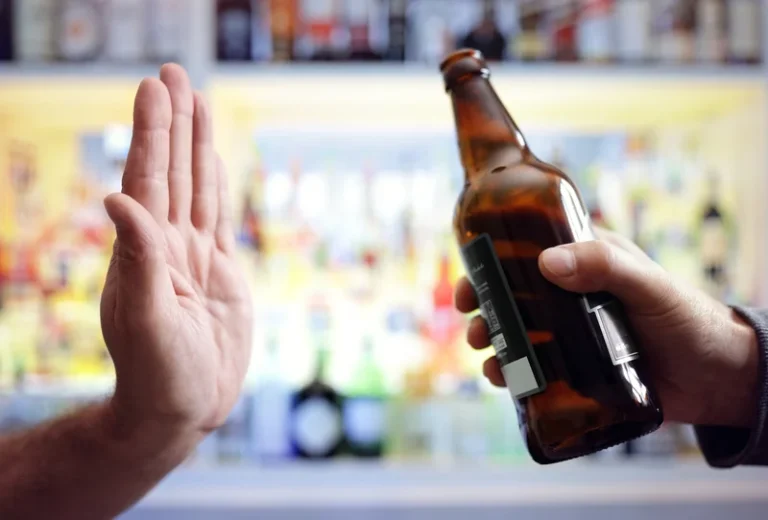- Home
- Sober living
The Effects of Alcohol on Your Skin: How To Regain Your Glow

Beyond this, alcohol and effects on skin are inflamed in those with pre-existing skin conditions. Throughout history, alcohol consumption has been an integral part of human culture. Alcohol consumption, alcoholism in particular, influences the onset and progression of liver diseases, neurological disorders, and multiple types of cancer. However, the role of alcohol consumption in influencing skin diseases has often been overlooked. In summary, alcohol can have many negative effects on the skin, such as dehydration, inflammation, and nutrient depletion.

You have a reddish face.
We can also connect you with detox centers all over California to help streamline the intensity of the withdrawal process. Consider consulting a dermatologist or healthcare professional for personalized advice and treatment options. They can recommend topical treatments, procedures, or medications tailored to your specific skin needs. However, just like we may notice it’s harder to recover from a hangover in our later years than in our 20s, our skin also has a harder time bouncing back from alcohol’s damage as we grow older. And while hard liquor may contain less sugar and gluten that trigger inflammation, ounce for ounce, liquor delivers more alcohol, which is highly inflammatory.
- Alcohol’s impact on the skin is not as straightforward as you might think.
- It’s not likely to come as a surprise that alcohol consumption, especially in excess, can be harmful to health.
- If you are a heavy drinker, your alcohol use will soon affect your skin health.
- People with underlying skin conditions, such as psoriasis and rosacea, will need to continue treatment to prevent flare-ups.
- The most critical step is to cease or significantly reduce alcohol consumption.
- This isn’t exclusive to the face, though—you may see signs of water retention (as in puffiness) throughout your body.
Seborrheic dermatitis

Ethanol, a by-product of alcohol metabolization, has been reported to vasodilate or expand blood vessels. With chronic alcohol consumption, these blood vessels become permanently dilated, leading to visible spider veins. Department of Agriculture suggest consumption should be no more than one alcoholic drink per day for women and two for men.
Water retention leads to puffiness.
This can manifest as visible dehydration, as alcohol saps your skin of fluid. Regular heavy drinking can trigger psoriasis — a condition where skin cells build up and make dry, itchy patches. It may make it harder for some to do their job, and it could be dangerous when mixed with others. But, drinking alcohol can lead to lack of sleep, dehydration, and increased stress, all of which can lead to breakouts.
Dry wrinkled skin

If you suddenly stop drinking, your body will often experience withdrawal. Liver disease isn’t reversible, but you how alcohol affects your skin can treat some of the skin conditions it causes to help make symptoms less noticeable. The same study found a correlation between drinking wine and the visibility of blood vessels in the cheeks.

Luckily, there are steps you can take to protect your skin from the effects of a night of drinking. Alcohol can affect a person’s skin in a number of negative ways, including by causing something called an alcohol rash. Alcohol can also affect a person’s skin in other ways, in both the short term and long term.
- Alcohol dehydrates the skin, and while long-term dehydration can have stubborn effects, you can rehydrate quickly after drinking alcohol with some simple strategies.
- If you have consumed an excess amount of alcohol, you can attempt to counteract the ill-effects on your skin.
- People of East Asian descent are more likely to be affected by facial flushing relating to alcohol.
- Dermatology Partners team is here to help you achieve and maintain healthier skin.
- It’s rare, but the palms of your hands — and maybe the soles of your feet — might turn red for no reason.
Risk of Skin Cancer
Using hydrating skincare products containing ingredients like hyaluronic acid or glycerin can help, too, by attracting and retaining moisture to make skin smoother and firmer. Take our short alcohol quiz to learn where you fall on the drinking spectrum and if you might benefit from quitting or cutting back on alcohol. We’re exposed to free radicals every day through food, pollution, smoke, sunlight, and yes, alcohol. According to research, alcohol not only releases a flood of free radicals into the body, it also impairs your antioxidant defense at the same time.
